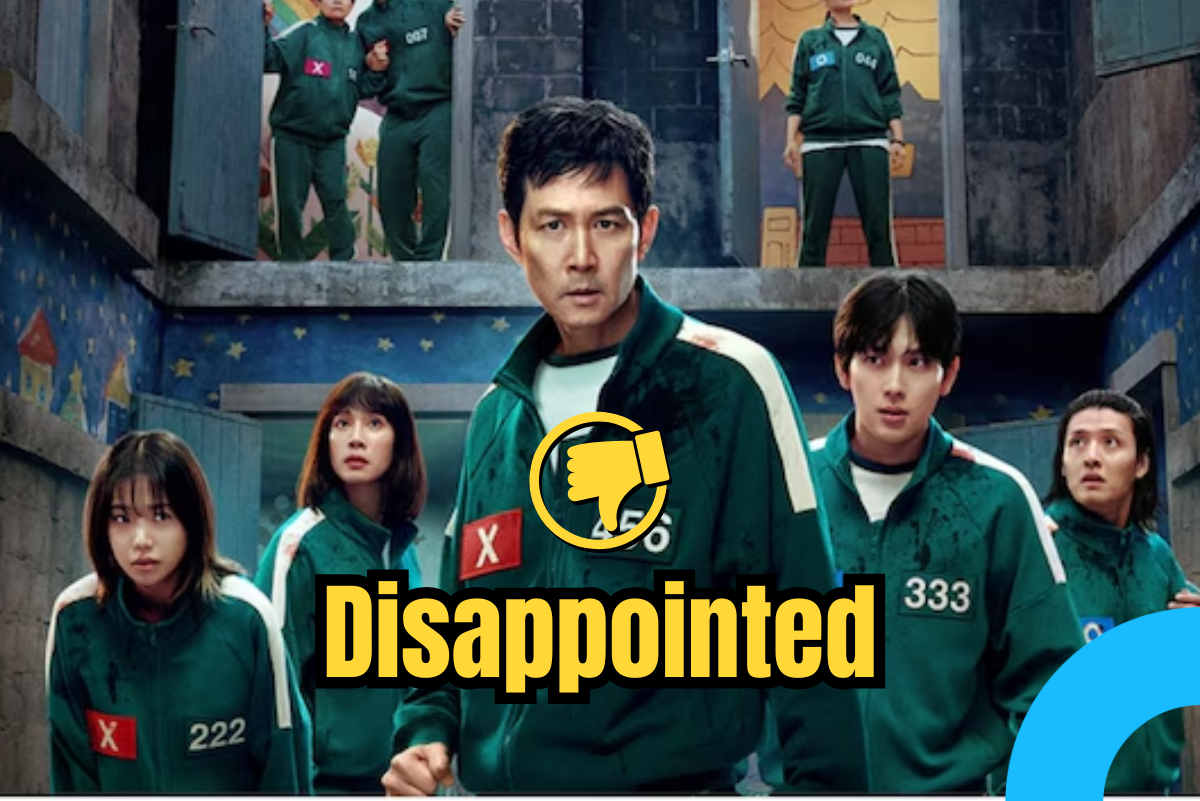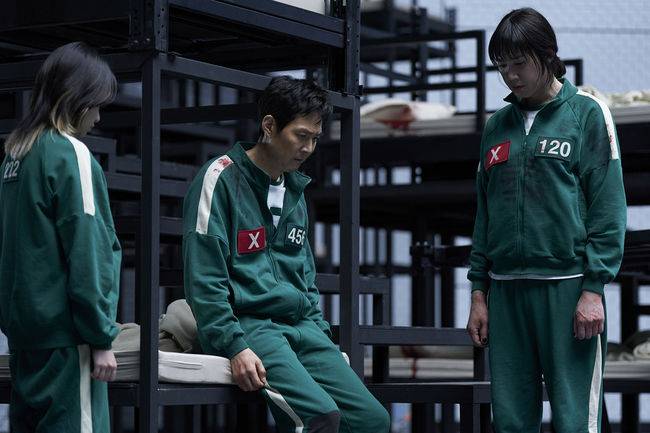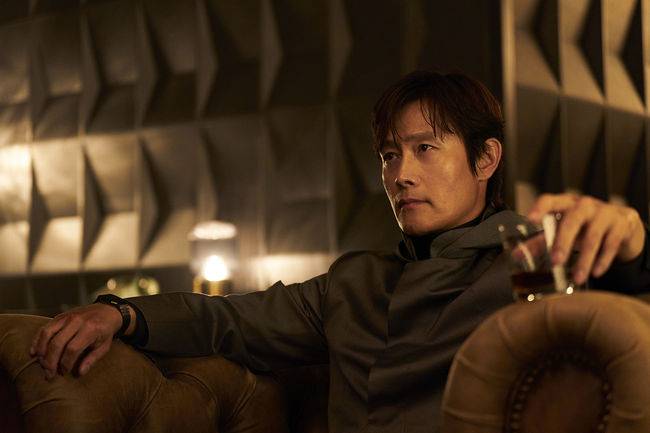
Released on June 27, Squid Game 3 concludes Netflix’s mega-hit franchise with a six-episode season backed by a staggering 100 billion won (~$74 million USD) budget. While the production value is undeniably high, the season ultimately feels emotionally hollow and creatively stagnant—a visually sleek but underwhelming finale to one of the most influential Korean series of the decade.
From Global Hit to Underwhelming Closure
Squid Game 3 continues the story of Gi-hun (Lee Jung Jae) as he returns to the deadly competition with new motives, alongside the mysterious Front Man and other returning characters. The stakes are high, and the stage is set for a grand revolt against the brutal system. But despite its ambitious setup and visual sophistication, the emotional and narrative impact falls flat.

Netflix’s decision to extend the series beyond its original single-season format was driven by the monumental success of Season 1. Though Season 2 pulled strong viewership, it drew mixed reactions for its pacing and character development. Season 3 improves in structure but struggles with emotional depth and character consistency, marking a subdued finale to what was once a revolutionary series in K-content history.
Gi-hun’s Arc: From Hero to Hollow Shell
One of the most significant criticisms lies in the evolution—or lack thereof—of Gi-hun. Once a relatable “everyman” who resonated deeply with audiences, his character now feels aimless and emotionally drained. While Season 2 ended with a promise of rebellion, Season 3 delivers a character consumed by guilt and survival, who blends into the crowd rather than standing against the system. This shift results in a loss of viewer connection, as Gi-hun’s appeal is replaced with ambiguity and frustration.

Even the teaser’s image of Gi-hun in a suit hinted at transformation or empowerment—neither of which fully materializes. Characters saved for Season 3 exit too quickly to build emotional stakes, and the predictability of Gi-hun being the final survivor diminishes tension and urgency.
A Missed Climax and Lingering Questions
Fans anticipated a powerful confrontation—perhaps between Gi-hun and the Front Man, or a systemic collapse that would reflect the show’s socio-political critiques. Instead, the plot drifts toward predictability and repetition, echoing beats from Season 1 without offering a compelling new twist. Even Detective Jun-ho (Wi Ha Joon), once a driving force of mystery, is sidelined with little payoff.


While Squid Game 3 poses thoughtful questions about injustice and survival within a rigged system, the execution lacks the weight needed to land those ideas meaningfully. The final message feels subtle to the point of silence, a disappointing ending to a saga that began with such thunderous impact.
Stronger Structure, Weaker Impact
Despite its narrative flaws, Season 3 is undeniably better crafted than Season 2 in terms of pacing and production value. The six-episode run, each about 60 minutes, is tightly edited and visually captivating. However, the six-month gap between Seasons 2 and 3 hurts continuity. With audience memory of supporting characters fading, emotional immersion becomes difficult. Netflix’s release strategy, though calculated, may have inadvertently reduced audience engagement with Season 3’s more philosophical, introspective tone.

Squid Game 3 ends with a whimper, not a bang. Despite its massive budget and high expectations, the season lacks the emotional depth, character payoff, and narrative tension fans hoped for. While visually striking and more cohesive than Season 2, it ultimately feels like a slow fade-out rather than a satisfying finale—more like cold Pyongyang noodles than the fiery Maratang fans were promised.








